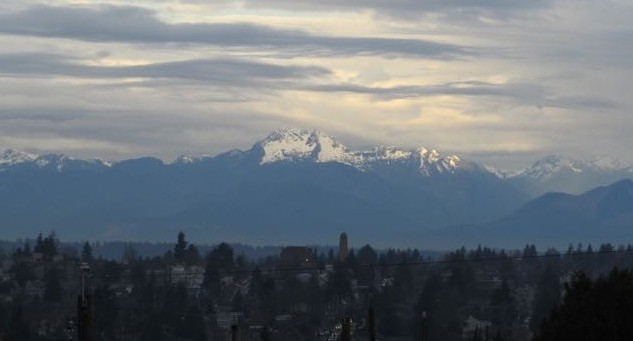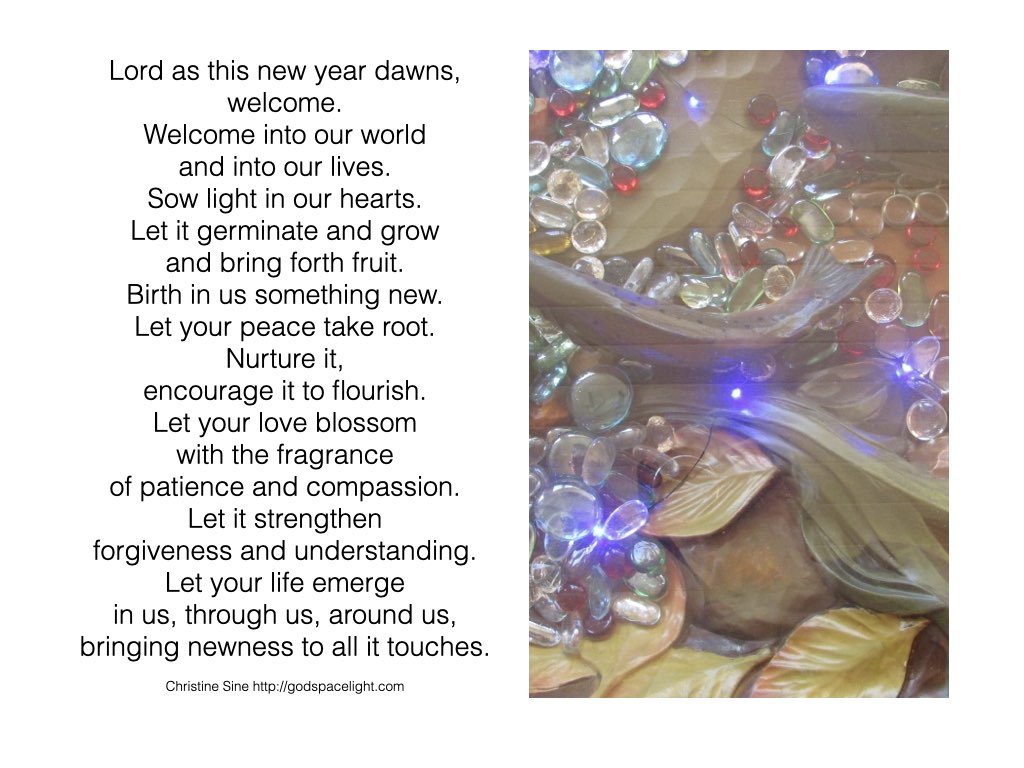Happy new year and welcome to a year filled with incredible potential. We have enjoyed the excitement of fireworks and New Year parties. All of us have hopes and expectations for the months that lie ahead. It is not hard for me to believe this will be a wonderful year. The sun is shining, and I am looking out my office window at the beautiful snow covered Olympic mountains. Yet by the end of summer the snow will be gone and the hope and promise they offered may be gone too.
I have already shared ideas on how to make resolutions that stick and talked about the refocusing prayer retreats Tom and I take but feel I cannot emphasize this enough.
Retreats are not just important for us as individuals, they are also important for us as an organization. Taking a retreat with your staff or ministry team is something I highly encourage at this season. Over the years, our MSA staff retreats have totally reshaped the ways we function as an organization. They led us to develop a rule of life, helped us to reimagine ourselves as a community that discerns together the will of God for our organization and pointed us towards the discernment process we use each week in our team meetings.
The process I outline below – what I call taking a spiritual audit is one that you might like to take alone and also as part of your leadership enrichment. Take out your journal, find some alone time, sit prayerfully in the presence of God and get to work.
Look back over the last year:
Consolations: what has been life gaining and deepened your sense of connection to God and God’s purposes for you? How could you strengthen these aspects of your life?
Desolations: what has been life draining and made you lose that sense of intimacy with God and your confidence in God’s purposes for you? How is God speaking to you through this?
What are the major pressures in your life and ministry? Where do you think the pressure comes? What are the underlying causes? What is one thing you could do in this next year to relieve some of this pressure?
How do the above impact your spiritual well being? Write down the positive and negative impacts of the consolations, desolations and pressures on your life and ministry. Share them with a spouse, friend,or spiritual advisor. Prayerfully consider ways in which you could harness this impact so that your heart could be broken open to new possibilities for a better future. What is one new practice you could incorporate into your spiritual disciplines to maximize the life giving nature of these forces.
Look back at your spiritual life:
How has God spoken to you in the last week? Take some time to reflect on what God has said to you through prayer, through scripture, through the needs and words of others, through other means.
What rhythm do you move to? What daily, weekly and yearly events set the rhythm for your life? In what ways do these enhance your spiritual well being? In what ways do they distract you from achieving your full spiritual potential?
What gives you joy in your spiritual journey at present? Make a list of those aspects of your life that make you eager to get out of bed in the morning and face the day’s routines. Which of these give you a joyful sense of God’s presence with you throughout the day? In what ways could you enhance these aspects of your life?
Where do you sense God is currently at work in your transformation? In what areas of your life do you feel you are becoming more Christlike? What would give God the most opportunity to continue that work?
What do you do on a regular basis to nurture your spiritual life? Looking back over your consolations and desolations from the last year, what has made you feel close to God? What regular practices would nurture that closeness? What are the major distractions that interfere with regular spiritual disciplines?
Now prayerfully consider what God has said to you through this process. Read back over what you wrote in your journal. What most stands out for you as you read. Reflect on it. Spend some time in silence listening to the still small voice of God.
Now its time to look ahead.
What changes is God prompting you to make in order to further your spiritual growth:
- In your daily or weekly commitments and rhythms?
- In your spiritual routines?
How will you ensure that these changes are adhered to?
- What is one new practice you would like to institute to help maintain your new resolutions?
- What is one relationship you could nurture to provide accountability and encouragement as you walk this journey?
This is the second post I have written on preparation for the new year. You might also like to check out Making New Years Resolutions as a Spiritual Discipline.
A couple of days ago I posted a liturgy for Holy Name day to remind us that the events of Jesus life should be part of what sets the rhythm for our year. However, like most of us the rhythm of my life at this time of year is set more by the coming of the calendar new year. This is a great time to focus and restore our faith, to think about the potential that the new year holds. Pray with me for the coming year that it will be one in which each of us will reach God’s intended potential for us.
I have already posted this prayer in preparation for the coming of the new year and am also posting today’s prayer a little early for many of us, but wanted to make sure that it was up in time for my family and friends in Australia and New Zealand to use it for the new year if they wish.
Lord as this new year dawns, welcome.
Welcome into our world
and into our lives.
Sow light in our hearts.
Let it germinate and grow
and bring forth fruit.
Birth in us something new.
Let your peace take root.
Nurture it,
encourage it to flourish.
Let your love blossom
with the fragrance
of patience and compassion.
Let it strengthen
forgiveness and understanding.
Let your life emerge
in us, through us, around us,
bringing newness to all it touches.
(c) Christine Sine 2014
Check out all my New Year’s prayers and other resources here.
- May the God of surprise bring you hope today – A prayer at the end of the year.
- The Promise of Newness Beckons; A Prayer for 2019
- Prayer of Hope for New Year 2018
- New Years Prayer for 2016
- New Years Prayer for 2015
- New Years Prayer for 2014
- New Years Prayer for 2013
- New Years Prayer for 2012
- New Years Prayer for 2011
- The End of the Year by John O’Donohue
- The Promise of Newness Beckons
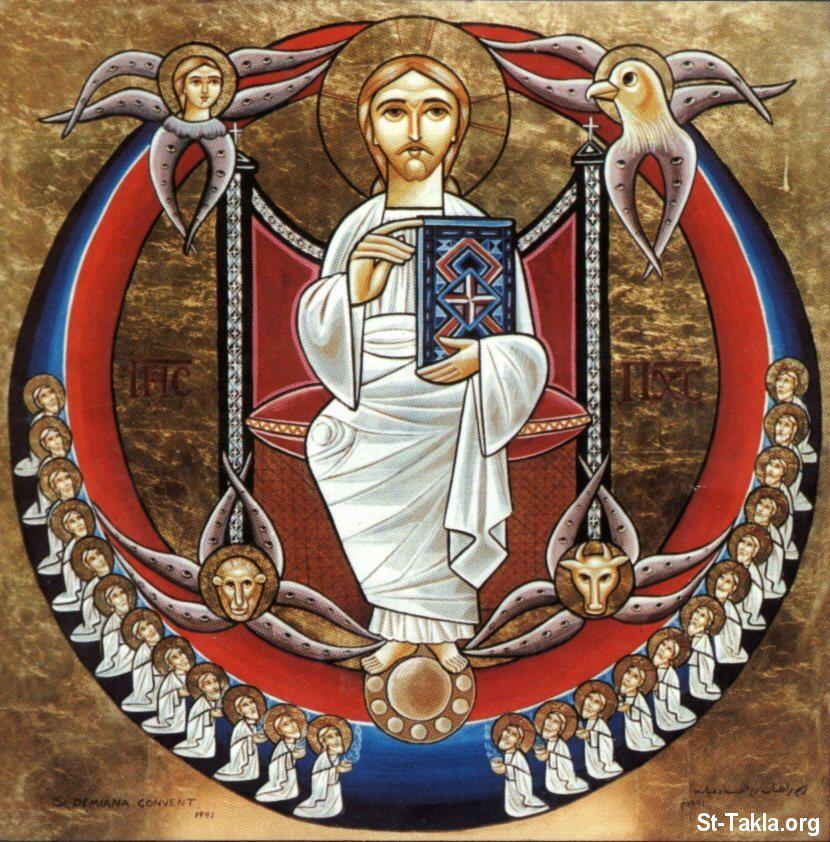
Its that time of the year when we all resolve to be better people, look after ourselves more or just plain commit to do things we have not had time for last year. Most of us know that the resolutions we make will not be kept. By Valentine’s day we have forgotten, discarded or just plain ignored them.
Resolutions that stick must be incorporated into our spiritual disciplines.
First they should be made prayerfully, in a place of deep listening where we open ourselves to the spirit of God to speak into our lives and steer our course for the coming year. Regular evaluation in a place of deep listening is essential if we really want to take our resolutions seriously.
This year I have developed what I call the S.M.A.R.T.E.R. system (adapted from the SMART system I shared last year)
Be Specific: Don’t say “I want to deepen my prayer life” but rather “I want to prayer 10 minutes more each day.”
Make it Measurable: Intangible goals are impossible to track. When you reach the 5 minutes a day for 5 day goal in prayer celebrate it. Go on a retreat. When you reach your 10 minutes of prayer for 10 days celebrate with a party.
Make it Attainable: Is your goal within your ability to fulfill it? I cringe when people tell me about their goals to save the world or to transform the city in which they live – all within a 3 month period and without any training or expertise. More attainable goals might be – get involved in a local mission organization; increase my giving to charities by 50%. Take a course in city organization or social entrepreneurship or evangelism. These are attainable goals whose accomplishment gives great satisfaction.
Make it Realistic: Develop a plan for attaining your goals and enlist help in achieving your goals. Setting down tangible and measurable action steps that will keep you on track is extremely important. This helps us weigh the possibilities against the commitments we already have and makes us more aware of the time and resource commitments our goals demand. Enlisting help can often be a great reality check as our friends say “Have you thought of…?” or “When will you….? Paying close attention to their advice is an important part of the process.
Develop a Timetable. As the article I read this morning suggested: Timeliness adds urgency and reinforces accountability. This too is extremely important though we need to balance our timetables with the flexibility to change and adapt. There is no such thing as failure. Setbacks are merely obstacles to be surmounted and conquered. And surmounting them gives us a sense of how determined we are to change our old habits.
Many resolutions require breaking with old, ingrained behaviors or attitudes. It takes time to transform habits and emotional reactions. So don’t give up because you ate a piece of cake or missed some gym time or snapped at a coworker or sibling. Genuine and lasting change does not come easily and it does not come overnight. It happens one day at a time, with a series of sustained, practical actions. If you are willing to be smart about pursuing your goal, you can be successful.
Plan times to Evaluate your progress. Part of what we need to incorporate in our timetables is a process of evaluation. As many of you know Tom and I go on regular retreats to refocus our lives and check in on how well we are keeping to what we sense is God’s purpose for us. Part of what we do is prayerfully look back at the goals we have set and talk about how well we are moving toward those goals. We listen to see if God would redirect or reform those resolutions and then develop a plan of action for the next few months to move us closer towards attaining those goals. In other words maintaining our resolutions has become an important and serious part of our spiritual disciplines.
Make sure you Remember. Most people I know who make new year’s resolutions do nothing to remind themselves of their resolutions. You might like to write them on a piece of paper that you place in the front of your bible and read the list each morning as part of your spiritual discipline. Or you might like to share with your small group or book club members and as them to keep you accountable.
So for a little advice on how to make S.M.A.R.T.E.R. goals this year, let me finish with some good thoughts from the apostle Paul in Hebrews 12:1-3 (NLT)
Therefore, since we are surrounded by such a huge crowd of witnesses to the life of faith, let us strip off every weight that slows us down, especially the sin that so easily trips us up. And let us run with endurance the race God has set before us. We do this by keeping our eyes on Jesus, the champion who initiates and perfects our faith. Because of the joy awaiting him, he endured the cross, disregarding its shame. Now he is seated in the place of honor beside God’s throne. Think of all the hostility he endured from sinful people; then you won’t become weary and give up. (from Biblegateway.com)
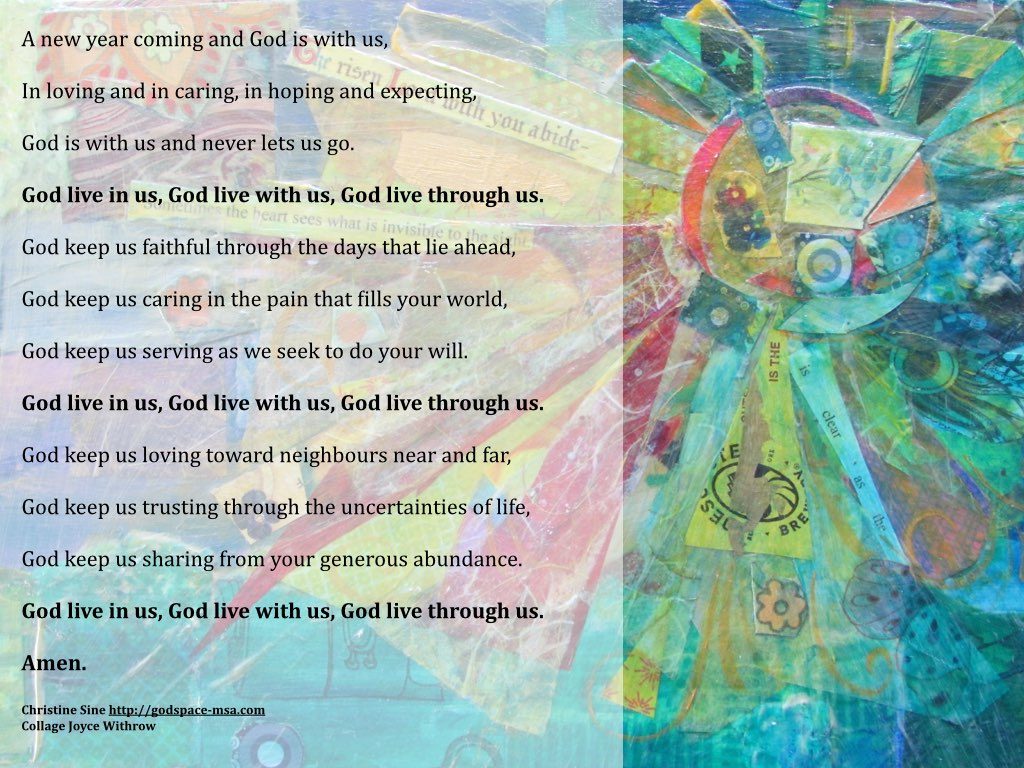
This prayer is based on one I posted last year but I have added an image that has been very special to me during 2014 – a collage made by Joyce Withrow called As the Heart Sees. As I reflect on the year this is the image that comes to mind. This year has been one in which I have felt God encouraged me to listen deeply to my heart. Out of that has flowed my growing emphasis on hospitality and a desire to invite all of us to enter more fully into God’s hospitality as part of that great family that stands around the manger.
I hope to develop this even more in the coming year as we focus on reconciliation and God’s invitation to us to join together in unity and peace with all the peoples of the world.
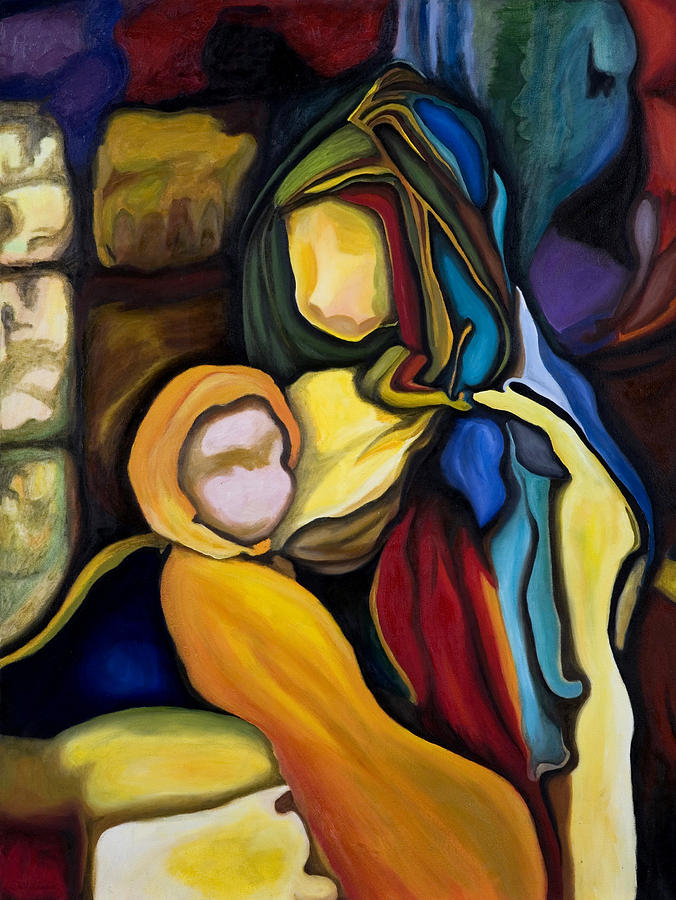
Madonna and Child Maria Pureza Escano
This liturgy was originally written to celebrate Jesus naming day celebrated January 1st as a wonderfully refreshing Christian celebration for starting the new year. It can also be used for an morning or evening prayer during the 12 days of Christmas too – though of course there are only 8 days left. Anyhow I thought that some of you might appreciate it as a focus for the next few days. As we move into the new year spending some time contemplating who we believe Jesus to be is a wonderful way to help us find a focus.
May we join in the dance of God this day,
And sing our praises to Christ our Saviour.
Let us celebrate the joy of Christ’s birth,
And shout aloud: Emmanuel, God is with us!
Pause to light the Christ candle and remind yourself of the many names by which Christ is known in the Bible. Allow time for each person to call out the names that are most meaningful to them)
Lord Jesus Christ,
A thousand names cannot confine you
You are King of Kings and Lord of Lord
Wonderful counselor, Prince of Peace,
Saviour, Restorer and Redeemer
You are the Lamb who was slain,
Lord Jesus Christ,
A thousand names cannot confine you
God of justice and truth how can we know you?
You are majestic and holy, abounding in love and faithfulness
You are the source of life, our provider
You walk beside us as friend
Lord Jesus Christ,
A thousand names cannot confine you
God of glory, God of power you care for the vulnerable
Protector of widows and orphans,
Compassionate to the poor, comforter of the downcast,
You heal our diseases and bring us wholeness,
Lord Jesus Christ,
A thousand names cannot confine you
God in whom we trust, you are always with us,
You are all things good, known yet unknowable,
You are the way, the truth and the life,
We worship you.
Lord Jesus Christ,
A thousand names cannot confine you
Read the scriptures for the day from the daily lectionary
Lord Jesus Christ, your name is proclaimed in all the earth.
You were God almighty yet you made yourself nothing
You came as a vulnerable child to live amongst us.
You were God all powerful
Yet you came as a humble servant
You were faithful as a son,
You went through death so that we might find life
Your blood was shed so that we could be redeemed
Your body was broken so that we might be made whole
Therefore God has exalted you and given you the name above all names
So that one day all peoples will proclaim you
As Jesus Christ the Lord
God who calls us all by name
Have mercy upon us
Christ who invites us to share life as one family
Have mercy on us
Spirit who welcomes us home together into God’s eternal world
Grant us peace
Our Father who art in heaven hallowed be thy name. Thy kingdom come, thy will be done, on earth as it is in heaven. Give us this day our daily bread and forgive us our trespasses as we forgive those who trespass against us. Lead us not into temptation but deliver us from evil, for thine is the kingdom the power and the glory, for ever and ever. Amen.
Jesus, as members of your family, help us to proclaim your names in all the earth.
Make us instruments of your life today.
Through our words and actions help us to proclaim you as saviour and redeemer to all peoples.
Lord make us instruments of your love today.
Where there is war may we proclaim you as the Prince of Peace.
Lord make us instruments of your peace today.
Where there is despair may we proclaim you as the God of all comfort.
Lord make us instruments of your comfort today.
Where there is sickness may we proclaim you as the great physician.
Lord make us instruments of your healing today.
Where there is oppression may we proclaim you as the God who brings freedom
Lord make us instruments of your freedom today
Where there is hunger may we proclaim you as the God of abundant provision.
Lord make us instruments of your generosity today.
Jesus may we be proclaimers of your names through all the earth.
Lord make us instruments of your kingdom today.
The Wonderful Counsellor guide you,
The Mighty God protect you,
The Everlasting Father be with you.
The Prince of Peace inspire you,
And the blessings of God be upon you, now and evermore.
Amen
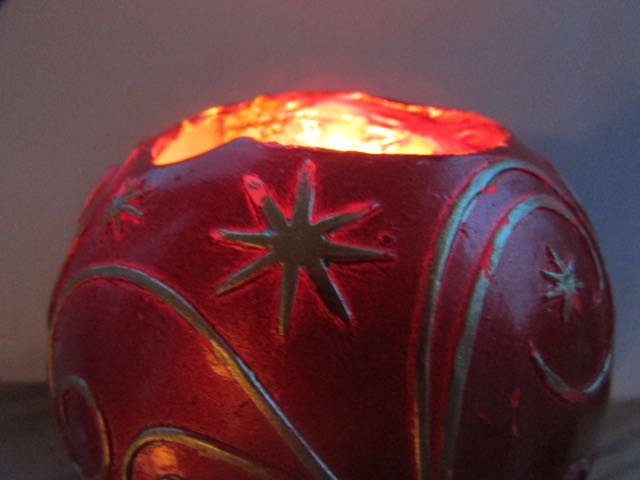 Now that Christmas Day is over many of us feel let down because the day we have been anticipating for so long is over. The malls strip their elaborate decorations and junk their remaining Christmas stocks with huge 50-70% off sales. The Christmas wreaths and trees are thrown out for the garbage collectors and our frenzied activities give way to a low grade depression.
Now that Christmas Day is over many of us feel let down because the day we have been anticipating for so long is over. The malls strip their elaborate decorations and junk their remaining Christmas stocks with huge 50-70% off sales. The Christmas wreaths and trees are thrown out for the garbage collectors and our frenzied activities give way to a low grade depression.
Christmas isn’t really over. In the sixth century it was decided that celebrating Christmas just for a day didn’t provide time to celebrate all the joy that Christ’s birth brought into the world. They made Christmas into a twelve day festival that ended with a feast on the Eve of Epiphany on January 5th to celebrate the coming of the wise men and the emergence of God’s eternal kingdom. Yep that’s right, for those of us who are Christ followers, the 12 days of Christmas begin with Christmas Day they don’t end there as many malls would have us believe. In countries where this understanding of Christmas has not been co-opted by the commercialism of our society Christmas trees are not decorated until Christmas Eve and remain in the house sparking with light and life until the Eve of Epiphany.
What I love about this season of Christmas is that that in many ways we have it to ourselves. The consumer culture has discarded the season. We are just beginning to celebrate,
This is the season when we are meant to celebrate with joy and gratitude the wonder of a God whose love is so great that he sent a much loved son to dwell amongst us. How incredible! How wonderful! Lets take advantage of every day of the Christmas season.
Of course it isn’t all about joy and good feelings though. Those of you who are familiar with the liturgical calendar are aware that this is also the feast of St Stephen the first martyr, a reminder that coming to the manger and taking the coming of the Christ child seriously is not about fuzzy feelings and a warm glow.
If you are looking for music to celebrate the Feast of St. Stephen and Boxing Day as this second day of Christmas is known in commonwealth countries, consider Good King Wenceslas. The story of this carol is about Wenceslas braving harsh winter weather to give alms to the poor on the Feast of Stephen (Dec. 26th). The text, by John Neal, is from 1853; the tune ‘Tempus adest floridum’ is from the 13c Finnish collection Piae Cantiones.
Now is a great time to reflect on how we want to follow Christ throughout the year. Now is the time to think about how we focus our entire lives on that deep longing within our hearts for the wholeness, peace, and abundance of God’s emerging new world.
For me the more relaxed season after Christmas Day is a great time to think about my observances throughout the year. Tom & I usually take on of our retreats during these days. This year we will not be doing that but I still plan to take time to sit quietly and listen for the voice of God sharing with me hopes, expectations and longings for the coming year.
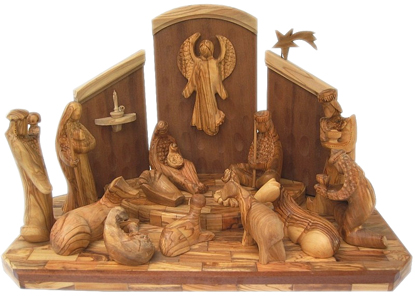
It began some years before we had children, in a dark winding alley filled with bright color and exotic scents. My husband and I were given the gift of going to Jordan and Israel the winter after we married. We wandered the Old City in Jerusalem, sipping murky sweet demitasse of Turkish coffee and wondering at the rich cacophony of culture, history and life compressed together. Although we didn’t have much money for souvenirs, finely carved olivewood figures representing the nativity, arranged on dusty shop shelves, kept calling my name. This, we decided would be our remembrance- an olive wood manger scene to shape our family Christmas traditions for years to come.
We chose with care. Peering in shop after shop we found our favorite craftsmen and we compared quality and prices. Gentle Joseph leaning in to the baby, a graceful but tired looking mother Mary- donkeys that almost looked curious- they were practically perfect. Our dilemma came in finding a nativity with a baby Jesus who didn’t look like a miniature Elvis. Yes, that was a problem. Nearly every holy family we were drawn to, sported a suave little white Jesus with a full pompadore hairdo and a coy grin. When we finally found a sweet brown-faced olivewood Jesus with only a little hair we knew we’d found what we were seeking.
From that time on, as soon as our fresh evergreen tree went up each year, the olive wood figures were arranged front and center. Placed on a mantle, the piano or a prominent cabinet- where they could be touched and moved about and enjoyed- they were reminders of a real family with a real baby long ago.
By the time we had preschool children I knew that I wanted my girls to know this little Jesus not only as a real baby from long ago, but as a companion and a light today. Knowing God as the one who came as a real incarnate, flesh and blood, baby with a diaper to change and who, at the same time, embodies the mystery of the God of eternity here with us now, changes things.
When we are looking forward to meeting someone we get ready. We may or may not be patient when we wait, but wait we must. And preparing ourselves while we wait makes the waiting better in every way. Till that point in our house, Jesus in his manger always made his appearance along with the whole nativity entourage- no waiting. Here’s the Christmas tree, and, here’s Jesus and friends. The Advent season when our girls were three and seven we decided to slow down and prepare ourselves for Jesus to appear.
We talked about our plan and introduced it to our faith community at that time, a small non-denominational church with no liturgical or Advent practices. What might happen for each of us if we were to all focus on preparing to meet Jesus each day of Advent? We started with a bale of hay and an invitation to make a soft welcoming bed for Jesus in each of our homes. The first Sunday in Advent that bale of hay was situated at the front of the sanctuary. Each household (with children or no children) was given a brown bag to fill with hay to take home with this invitation:
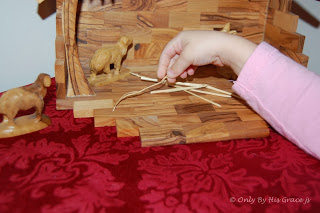
Pay attention to your words and actions. Notice if you are expressing gratitude or kindness for others. When you do—add a piece of hay to make a manger bed for Jesus. If you notice someone else being kind or grateful, add hay for those expressions too. Before we knew it we had a veritable kindness fest going on, and a growing, welcoming manger bed for our olivewood Jesus boy to make his appearance in.
The hay was messy and the pile grew happily larger over the weeks of Advent…and anticipation for Jesus arrival grew daily—as did our awareness that we were changing our own habits and our treatment of each other as we prepared. The waiting became joyous rather than anxious. Our meaningful nativity scene had never seemed more special. On Christmas Eve we were ready. We lit our last Advent candle and brought that wooden baby out to his cushy bed. Eyes glowed and we all knew, something remarkable had taken place.
On Christmas morning, every household gathered their beds of hay and brought those straws of kindness, intention, preparation and gratitude—the symbols of our anticipation for meeting and welcoming the Christ-child — to the front of the sanctuary. We brought our stories of how we had not only made room for Jesus to arrive, but in the process, made more room inside ourselves, more room for each other, and more room for love. There was never a better-looking heap of hay on church carpet as there was that Christmas morning.
21 years later that messy pile of hay and the willing spirits of the small people who made it grow quickly can still instruct me. How will I create room inside myself this Christmas Season? Who can I make welcome at my table? Am I able to I slow down enough to notice my own words and actions? When do I stop and affirm an ordinary kindness in someone else? How often do I simply stop to breathe- and clear out internal space? Can I choose to quiet my own thoughts so that I really hear others, especially those who may think differently than I? Who do I make room for? How can I cultivate anticipation and joy instead of harried activity? What will I choose and what will I invite those around me to choose?
How will we each create messy managers of welcome and love this Christmas? What kind of a manger can we create in this world together? And who will we invite to join in?
————————————————————————————————-
Kelly Bean is a local and international leader and consultant as well as an author and activist for positive change in the community and around the world. From United Nations Commission on the Status of Women panels, to mud huts in Rwanda, to a variety of venues around the USA, to living rooms in her own city of Portland, Oregon, Kelly Bean encourages community building for the sake of a better world.
Community Cultivator http://www.kelly-bean.com/about/
Author http://www.kelly-bean.com/, http://www.kelly-bean.com/blog/
International Executive Director http://www.africanroad.org/
Co-founder http://womensconvergence.com/
Co-founder and Consultant http://greatergood.works/
As an Amazon Associate, I receive a small amount for purchases made through appropriate links.
Thank you for supporting Godspace in this way.
When referencing or quoting Godspace Light, please be sure to include the Author (Christine Sine unless otherwise noted), the Title of the article or resource, the Source link where appropriate, and ©Godspacelight.com. Thank you!

